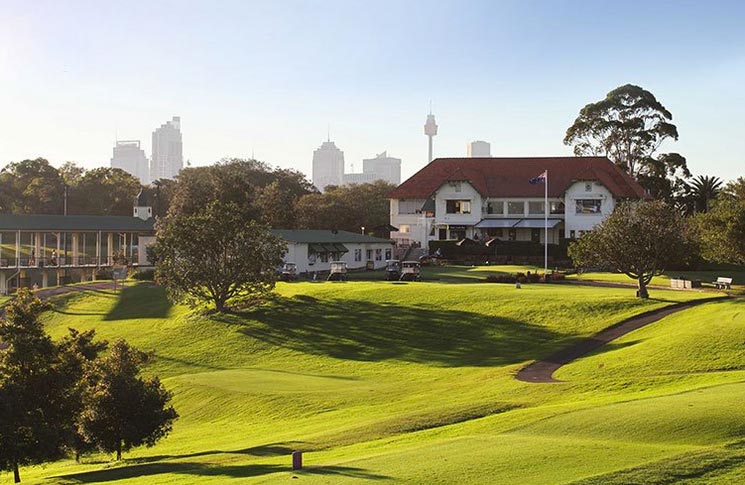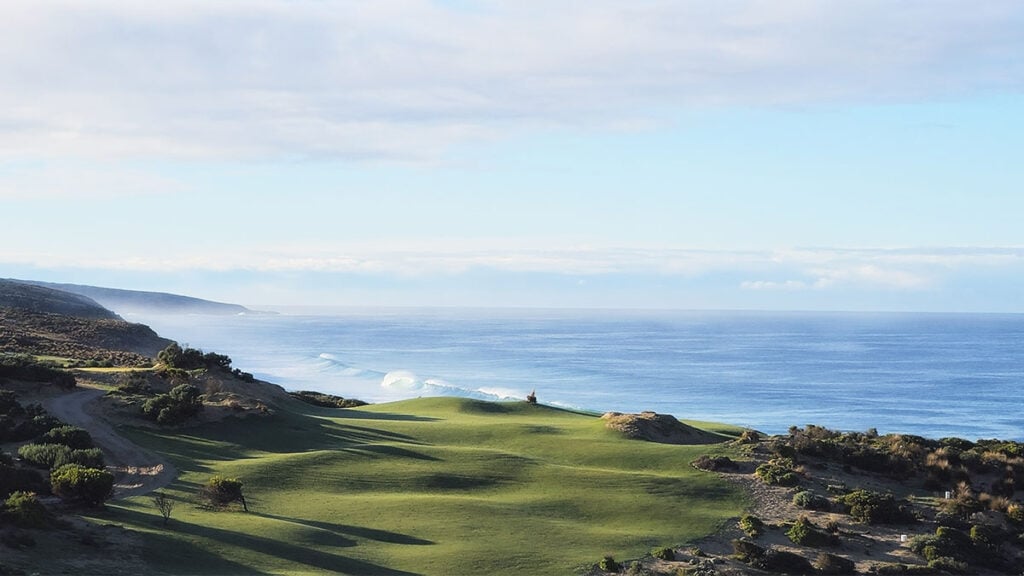[Photo: Getty images]
Rory McIlroy has succeeded Tiger Woods on the throne as golf’s greatest modern player by winning the Masters at Augusta National to become just the sixth golfer in history to complete golf’s career grand slam.
In one of the most dramatic Masters in its 89-year history, the Northern Irishman delivered under some of the most intense pressure any player has ever faced when he captured a long-awaited green jacket to cement all four major championship trophies in his career. On a day filled with unrivalled thrills and spills from tee to green, the 35-year-old held off Englishman Justin Rose in a playoff thanks to an incredible approach shot that left him with a three-foot putt for birdie.
“I would say it was 14 years in the making,” an emotional McIlroy said afterwards in Butler Cabin. “There was a lot of pent-up emotion that just came out on that 18th green. A moment like that makes all the years and all the close calls worth it. I just think all week how I responded to setbacks, I think that’s what I’ll take from this week. Couldn’t be more proud of myself for that and being able to back bounce when I needed to.”
McIlroy was on a march toward golf’s holy grail having already won a US Open (2011), Open Championship (2014) and two PGA Championship titles (2012 and 2014). Only five greats had completed the career grand slam: Gene Sarazen, Ben Hogan, Gary Player, Jack Nicklaus and Woods. Woods was the last to pull it off, if that’s any indication of how difficult it is, and that was at St Andrews almost 25 years ago.
In winning the Masters, the 35-year-old Northern Irishman also ended an 11-year drought at the majors. His triumph on the hallowed turf in Augusta, Georgia, came 10 years after he officially became eligible for the career slam when he won the 2014 Open at Royal Liverpool. From the 2015 Masters, McIlroy faced questions about whether each edition of the April major was going to be the year.
Exacerbating the pressure was the fact the Masters was also the major that eluded McIlroy the most, since a meltdown at the 2011 Masters when he led by four going into the final day only to shoot 80. “It was a heavy weight to carry,” McIlroy said of the slam.
“And not just about winning my next major, but the career Grand Slam,” he said. Trying to join a group of five players to do it, you know, watching a lot of my peers get green jackets in the process. It’s been difficult, and I’ve tried to approach this tournament with the most positive attitude each and every time that I’ve shown up, and I think just the sort of cumulative experience that I’ve gained coming back here each and every year, I just I feel like I get a little more comfortable with the shot needed.
McIlroy looked destined for another heartbreak when he found the fairway bunker with his opening tee shot and made a double-bogey 6 to hand the outright lead to final group playing partner Bryson DeChambeau. When he made par at the par-5 second and DeChambeau made birdie, McIlroy found himself one shot behind. But a scintillating nine-hole stretch from there helped McIlroy put one arm inside the green jacket.
He hit a great drive on the short, par-4 third and a delicate pitch to close range allowed a career-defining birdie. That combined with DeChambeau three-putting for bogey to regain the lead and he then stuck it close on the par-3 fourth for another birdie. An enormous drive at the par-4 ninth set up another birdie before a laser-like approach into the par-4 10th – his nemesis hole in 2011 – allowed a short putt to pick up another stroke.
At the 11, a poor drive led to a bogey before a clinical, two-putt par at the par-3 12th. Then it all came undone with one of the most confusing decisions and terrible shots my a Masters champion in history. After a solid drive, McIlroy elected to lay up confusingly from 210 metres leaving an awkward pitch shot that he fanned into Rae’s Creek. From there he made double-bogey – his second of the day. Another bogey at 14 sucked most of the hope out of the property.
But most of that faith was restored when McIlroy hit one of the best shots in Masters history at the par-5 15th – a sweeping iron from the left side of the fairway, around trees, over the water hazard, settling eight feet from the hole. He missed the eagle putt, but tapped in for birdie and added another at 17. When the Ulsterman fanned an iron into the greenside bunker and missed the par putt at No.18 in regulation, he headed to a playoff with Rose. On 18 in sudden death, McIlroy hit the shot of his life with a gap wedge to three-feet, where he poured in a winning birdie and let out an emotional scream, kneeling down onto the green in cathartic relief.
He had completed the career grand slam, joining pro golf history’s most special club.
“Today was difficult,” he said. “I was unbelievably nervous this morning. Really nervous on the first hole, as you witnessed with the double [on the first hole], but as I said, that sort of calmed me down and I was able to bounce back and show that resilience that I’ve talked about a lot.”
Rose earned his third runner-up result at Augusta after the most recent playoff at the Masters, losing to Sergio Garcia in 2017, and a second-place to Jordan Spieth in 2015.




